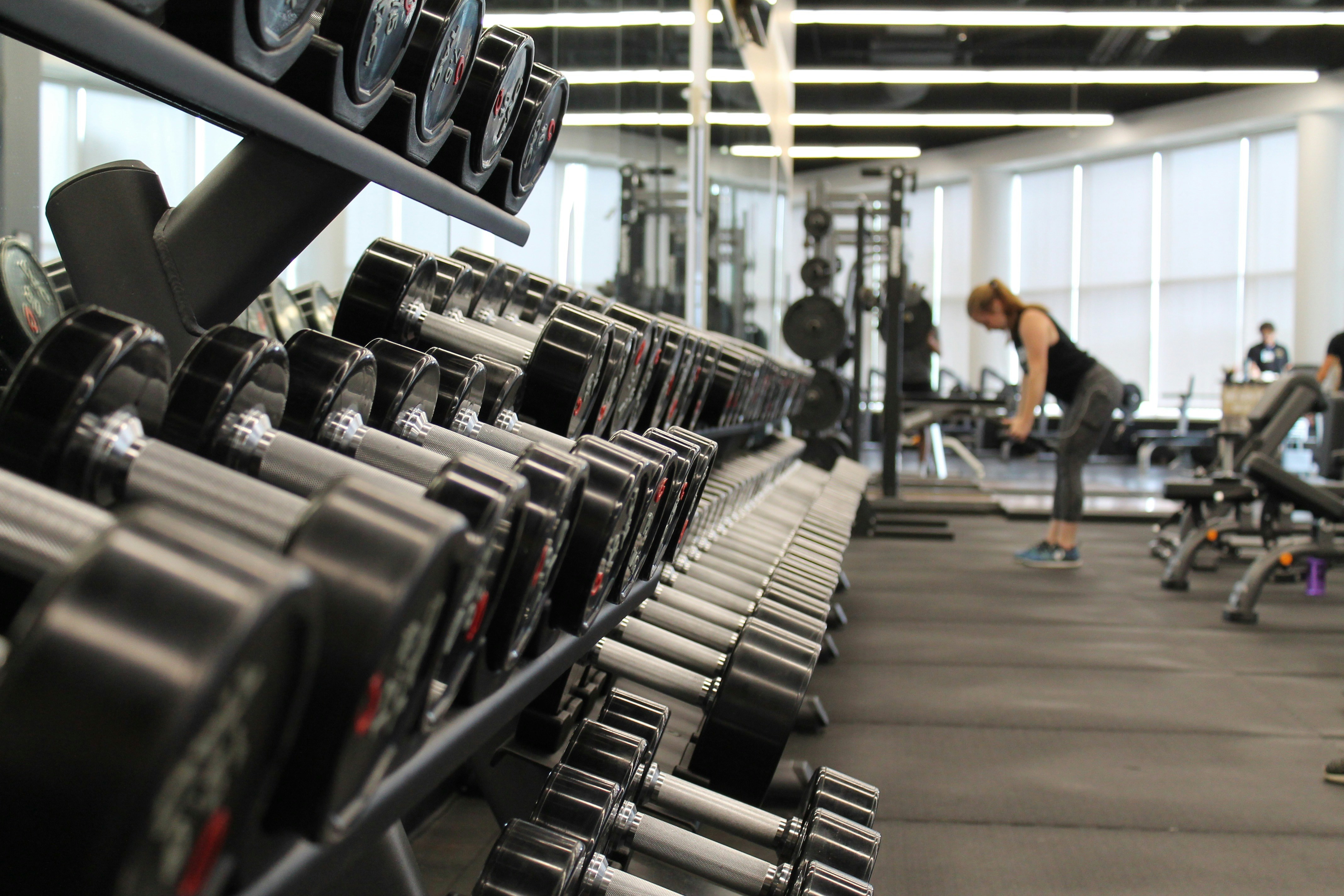
The fitness world loves its protein: from carnivore diets to shakes that promise faster gains and leaner muscles. But could that same obsession be endangering your heart?
A recent viral Instagram video by Dr Dmitry Yaranov, a cardiologist who specialises in heart failure and transplantation, has reignited debate around high-protein diets and their impact on the heart.
In the video titled "This is how a high-protein diet can lead to a heart attack at 35", Dr Yaranov warns that years of eating like a carnivore might sculpt a muscular exterior but quietly damage what really matters - the heart.
"He looks like a statue. Shredded. Vascular. Peak performance. But I've seen what's inside those vessels - and it's not pretty," wrote Dr Yaranov on his gram, adding that he has treated several "fit" 35-year-olds who arrived with heart attacks, no symptoms, no warnings, "just a ticking time bomb".
What The Expert Claims
According to him, extreme protein-heavy diets, particularly those dominated by animal protein, can set off a chain of harmful changes in the body - sky-high LDL cholesterol, chronic inflammation, and premature atherosclerosis (hardening of arteries).
Over time, these changes can lead to blocked arteries, increasing the risk of heart attack, even in seemingly healthy, athletic individuals.
Dr Yaranov cautioned that "athletic" does not necessarily mean "healthy". A low body fat percentage or visible abs cannot protect one from heart disease if the internal systems are compromised. "A six-pack doesn't protect you from a plaque rupture. If your diet destroys your endothelium - it doesn't matter how strong your biceps are," he added.
His message struck a chord online, but also stirred confusion. Can protein - a key macronutrient our body relies on - really be the villain? We asked the experts.
Not All Doctors Agree
Experts say that while Dr Yaranov's warnings hold merit for extreme cases, they shouldn't be misread as a blanket condemnation of protein.
In fact, India's problem lies on the opposite end of the spectrum - protein deficiency.
Dr Ashish Jai Kishan, Senior Consultant, Cardiology, Fortis Escorts, Okhla, explains that "the belief that consuming a high-protein diet increases the risk of heart disease is a common misconception that needs context and balance."
He points out that around 70-80% of Indians consume less protein than the recommended levels. For most people, increasing protein intake is not only safe but essential. "Protein supports muscle maintenance, hormone regulation, immunity, and tissue repair. The real concern arises not from protein itself, but from the source and balance of the diet," he says.
According to Dr Ashish, diets excessively rich in red or processed meats, trans fats, and refined carbohydrates, and low in fibre and healthy fats, are what elevate cardiovascular risk - not protein per se.

Experts say athletic does not necessarily mean healthy. Photo: Unsplash
For the general population, the recommended daily allowance (RDA) is around 0.8-1 gram per kilogram of body weight, and for those who are physically active, this can safely go up to 1.2-1.6 g/kg. He adds that the key lies in diversifying protein sources, including plant-based options like lentils, beans, soy, and nuts, along with eggs, poultry, and fish.
He also notes that while those with kidney or liver issues should have protein intake monitored by a physician, for healthy adults, adequate protein combined with balanced nutrition and hydration supports long-term heart health.
"It is not protein that poses a risk, but the overall dietary pattern and lifestyle choices," he concludes.
When Excess Protein Backfires
However, when high-protein diets become extreme - especially those dominated by red meat, full-fat dairy, or heavy supplement use - the risks can escalate.
Dr Ashish Kumar Govil, Associate Director, Interventional Cardiology, Max Super Speciality Hospital, Noida, warns that in our "fitness-obsessed culture", young adults often turn to such diets to gain muscle or lose fat quickly, without understanding the consequences.
"Protein is essential for tissue repair and metabolism but elevated consumption from sources like red meat, full-fat dairy, or processed supplements can impair the heart," he says.
Dr Govil explains that these diets tend to increase LDL (bad cholesterol), blood pressure, and inflammation, all of which contribute to plaque formation in arteries. Over time, these plaques narrow the arteries and strain the heart, potentially leading to early heart attacks - even in people in their 30s.

"The majority think that as long as we exercise, we're protected from heart disease, but it's 50-50 - exercise and diet go hand in hand," he adds. "Fruits, vegetables, and good fats provide antioxidants and fibre that fight inflammation, which causes accelerated heart ageing," he adds.
He advises moderation: opt for lean proteins such as fish, lentils, and nuts, pair them with whole grains and unsaturated fats, avoid excessive supplements, and get regular heart check-ups.
Protein Obsession Can Miss The Bigger Picture
While the social media spotlight often celebrates muscular physiques and high-protein lifestyles, experts caution against equating visible fitness with internal health.
Dr Niranjan Hiremath, Senior Consultant for Cardiovascular and Aortic Surgery at Apollo Hospital, Bengaluru, sums it up aptly:
"In our obsession with protein, we often forget that the heart isn't a muscle you build in the gym. A high-protein diet, especially rich in red meat and processed supplements, can silently turn into a recipe for heart trouble. Excess protein puts stress on the kidneys, fuels inflammation, and raises cholesterol, quietly eroding cardiovascular health. True fitness isn't about loading protein; it's about nourishing balance. The heart thrives on variety, not extremes," he says.
The Final Verdict
To simply put, protein is vital, but context is everything. A balanced diet that includes moderate protein, plenty of fibre, healthy fats, and antioxidants is the real key to a strong heart. The problem begins not with "high-protein" but when it becomes "only-protein", especially when sourced from red meat and processed powders.
Track Latest News Live on NDTV.com and get news updates from India and around the world

